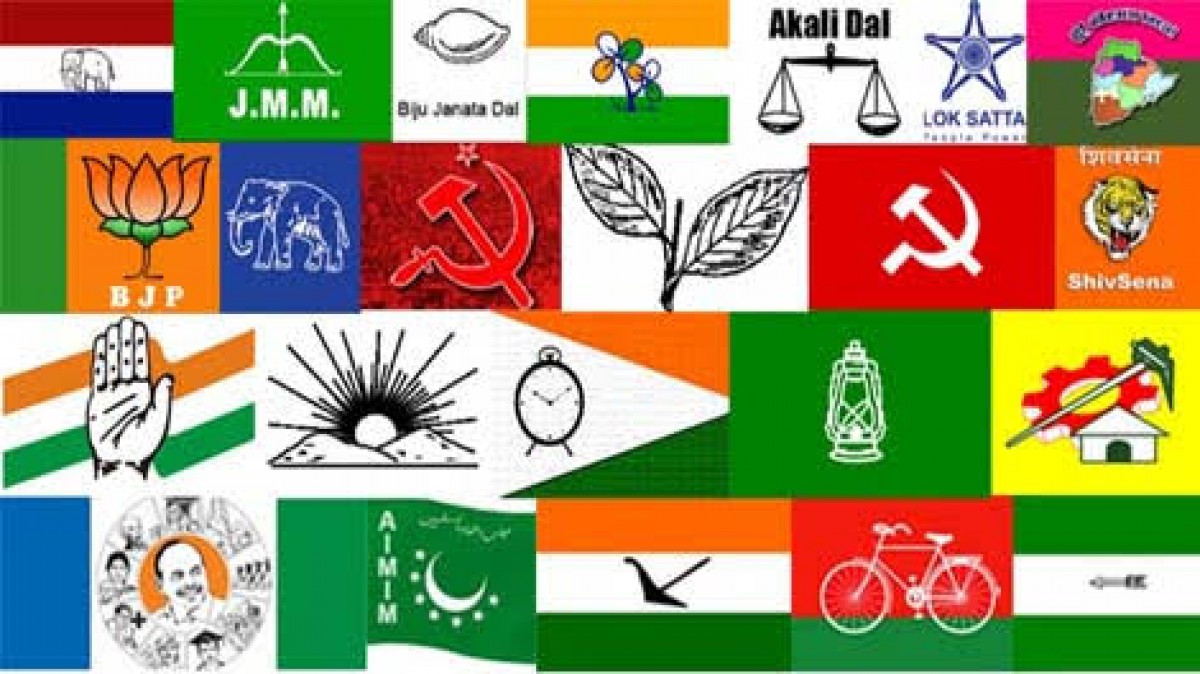The BJP’s approach to elections is distinguished by its clinical evaluation of the likelihood of reelection for each existing lawmaker. Fear has spread among several of the BJP’s Karnataka legislators after the party lost over 30 sitting MLAs in Gujarat. Only 149 out of 312 UP MLAs from BJP’s 2017 triumph were re-elected earlier this year. In general, this is a decent method.

As many MLAs run for office under the party’s symbol, the party has a responsibility to the electorate not to re-nominate an underperforming member. Keeping the party at arm’s length from any local anti-incumbency against the candidate is a plus as well. In most cases, this is possible only for parties with exceptional leadership. It was reported in 2021 that the CPM in Kerala has expelled 38 of its sitting MLAs. Fifteen AAP Delhi legislators left the party in 2020. However, Congress is known to provide its parliamentary delegations free tickets to future sessions. Congress’s senior leaders are unable to deliver votes unlike BJP in the Modi era, giving MLAs more negotiating leverage and increasing the party’s dread of rebellions.
Institutionalizing the requirement of responsibility from legislators is a good idea. Parties should compile reports, or request that representatives provide reports, on how MLA-LAD scheme funds were used, how representatives participated in district planning committee meetings and other local body meetings, how representatives influenced legislative business, and what types of development outcomes occurred in their respective districts. Occasional political groups also conduct electorate-wide polls.

These kind of activities, however, need to take the executive’s flaws into account. This last decade saw a decrease in the average number of days per year that state legislatures convened, from 31 to 30. There isn’t much time for lawmakers to have an impact on house business after disturbances and adjournments.
When political leaders prioritise genuine decentralization, make it simple for businesses to operate, and reduce unnecessary bureaucracy, elected officials are better able to serve their constituents. Professionalism and improved evaluation mechanisms among Indian parties would be welcome. As a result, this may encourage more intelligent and capable people to run for office.

